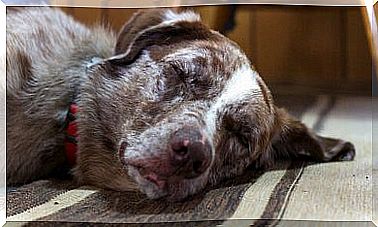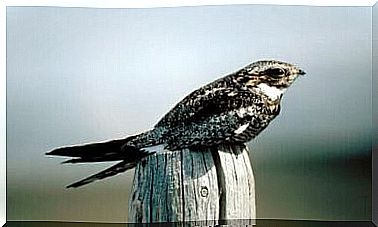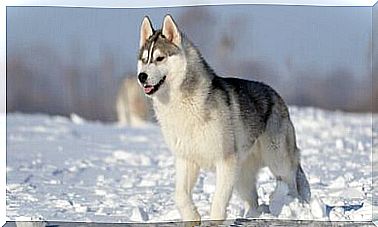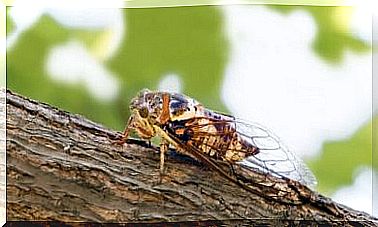The Life Of A Police Dog
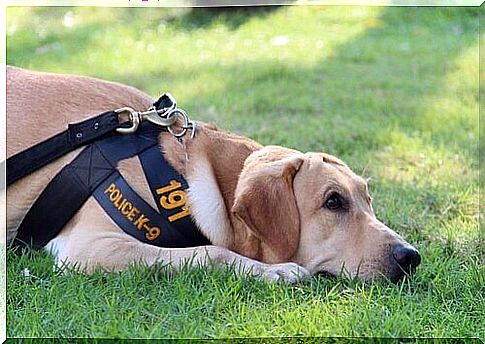
Police dogs perform very different tasks: they find drugs and explosives, find missing people and intervene in delicate situations. If you have ever wondered how a dog can become a law enforcement officer, in this article we talk about the life of a police dog.
The beginning of a police dog’s life: childhood
The life of a police dog begins before they are born. A breeder specialized in dogs with a genetic predisposition to work is responsible for looking after the parents in optimal conditions and, thus, avoiding problems during pregnancy and childbirth.
During the first few weeks of life, police pups live normally with their mothers. From the third week, they begin to explore their surroundings and walk alone, so the breeder will begin to get them used to meeting people, listening to sounds and walking on different surfaces.
Youth: training
When the puppy is around nine months old, his professional training begins. Thanks to controlled breeding, his interests and skills are known, therefore he is assigned the profession that he can carry out with dexterity and pleasure.
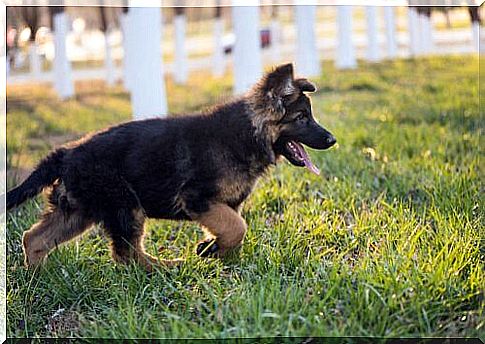
The first step towards his training is basic obedience: sit, bark, lie down… and develop a strong alley of trust with his human colleague. The life of a police dog is based on obedience: you can’t be a good police officer without discipline and a good education.
When the dog masters the basic commands, it begins the specific training for its profession. This will depend on the skills he needs to develop, as the job of a mountain rescue dog is not the same as that of one who has to find drugs at the airport.
There are several training techniques, but nowadays almost all are based on positive reinforcement: every time the dog completes his task, he receives a reward. For example, some drug dogs are trained by associating the smell of drugs with their toy – they won’t hesitate to point out what they’re looking for in order to get a ball in return.
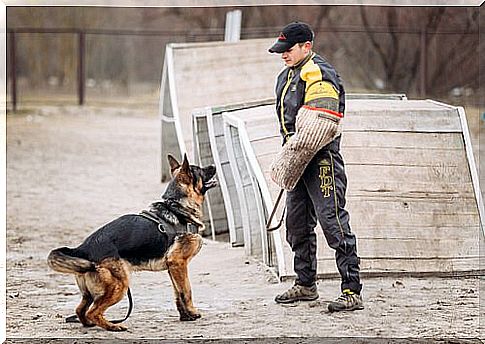
During this period, the dog will be placed in what will be his working context: the dogs that will have to work in the rubble will frequently visit works in progress and collapses, while those who will work in the airports will take several walks in the same.
The duration of the training will depend on the skill of the trainers and the complexity of the work to be done by the dog. The more dexterity he has to acquire, the longer it will take to complete his training.
The life of an adult police dog
After the dog has become a full-fledged policeman, his real job begins. He will be given shifts and a few days off – he doesn’t usually work a full day every day and needs to rest during the week.
In addition to working days, their training never ends. They continue to be trained and to practice their professional skills. Part of their working days are devoted to simulations and tests of their real work.
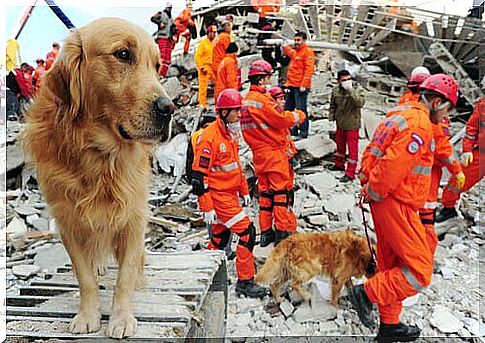

In other words, even if a rescue dog is not required, it will still visit rubble or caves a couple of times a week to carry out research. The same happens with drug and defense dogs. They never stop training so as not to lose familiarity.
Withdrawal and retirement
Like any other worker, after years of tireless work, it is time to retire. Each body that works with dogs sets different retirement criteria for their dogs; however, the most common are:
- Being eight years old; it is only an approximate figure, it depends on the state of health of the animal and the chances of finding him a family.
- Suffering from a disabling injury or chronic illness.
- Losing interest in your work.
- Human colleague retirement.
After retirement, it is time to find appropriate shelter for every police dog. In each country this happens differently: sometimes human colleagues are looking for someone who can adopt dogs, in other cases there are special associations.
After a lifetime in service, a police dog spends his remaining years in a normal home with a new family. However, they are not animals like others, so they need more stimulation than a classic pet. Although they officially stop working, they need a family who knows how to give them occupations and games that satisfy their desire to work.


